detail profile ulrike meinhof
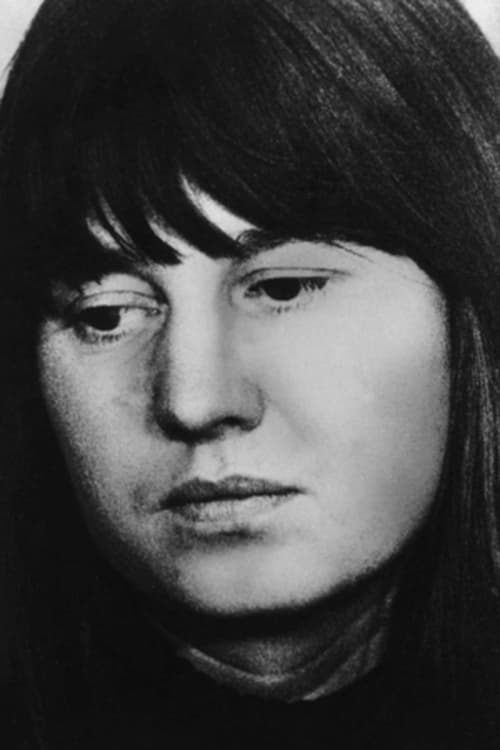
Riwayat Hidup
Ulrike Marie Meinhof was a German left-wing militant.
She co-founded the Red Army Faction in 1970 after having previously worked as a journalist for the monthly left-wing magazine konkret.
She was arrested in 1972, and eventually charged with numerous murders and the formation of a criminal association.
Before the trial concluded, Meinhof was found hanged in her prison cell in 1976.
Info Pribadi
Peran Yang Di Mainkan Ulrike Meinhof
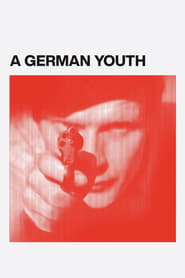 At the end of the 1960s...
At the end of the 1960s...A German Youth 2015
At the end of the 1960s the post-war generation began to revolt against their parents. This was a generation disillusioned by anti-communist capitalism and a state apparatus in which they believed they saw fascist tendencies. This generation included journalist Ulrike Meinhof, lawyer Horst Mahler, filmmaker Holger Meins as well as students Gudrun Ensslin and Andreas Baader.
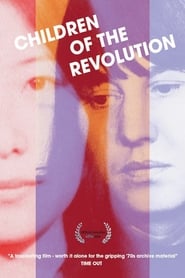 Inspired by the student revolutions of 1968...
Inspired by the student revolutions of 1968...Children of the Revolution 2011
Inspired by the student revolutions of 1968, two women in Germany and Japan set out to plot world revolution as leaders of the Baader Meinhof Group and the Japanese Red Army. What were they fighting for and what have we learned?
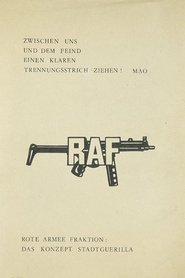 From the inner workings of the...
From the inner workings of the...The RAF: The Red Army Fraction 2007
From the inner workings of the RAF. Former RAF-member Peter-Jürgen Boock reveal the many secrets and myths about the Baader-Meinhof gang a.k.a. RAF - Rote Armee Fraktion.
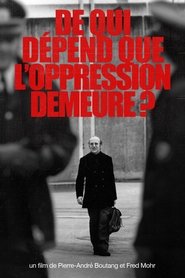 On May 21 1975 the trial of the...
On May 21 1975 the trial of the...De qui dépend que l’oppression demeure ? 1975
On May 21, 1975, the trial of the members of the Red Army Faction (also known as the Baader-Meinstein Gang) began. Four members appeared before the Stuttgart court to answer for the attacks that had been raging for five years in the young Federal Republic of Germany. The documentary, whose title is borrowed from Berthold Brecht's In Praise of Dialectics, recounts the conditions of the trials and detention of the Baader-Meinstein Gang members and the disqualification of Klaus Croissant as their lawyer.
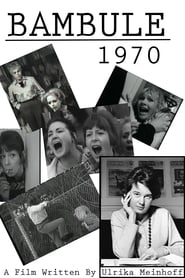 Bambule is German prison slang for...
Bambule is German prison slang for...Bambule 1970
"Bambule" is German prison slang for "riot". This 1970 TV movie follows a day in the life of three adolescent borstal girls in Berlin: Irene escapes (but returns after she finds no bearings in the outside world), Monika is caught and transferred against her will to another home run by nuns, Iv (Evelyn) incites her room mates to riot at night.
